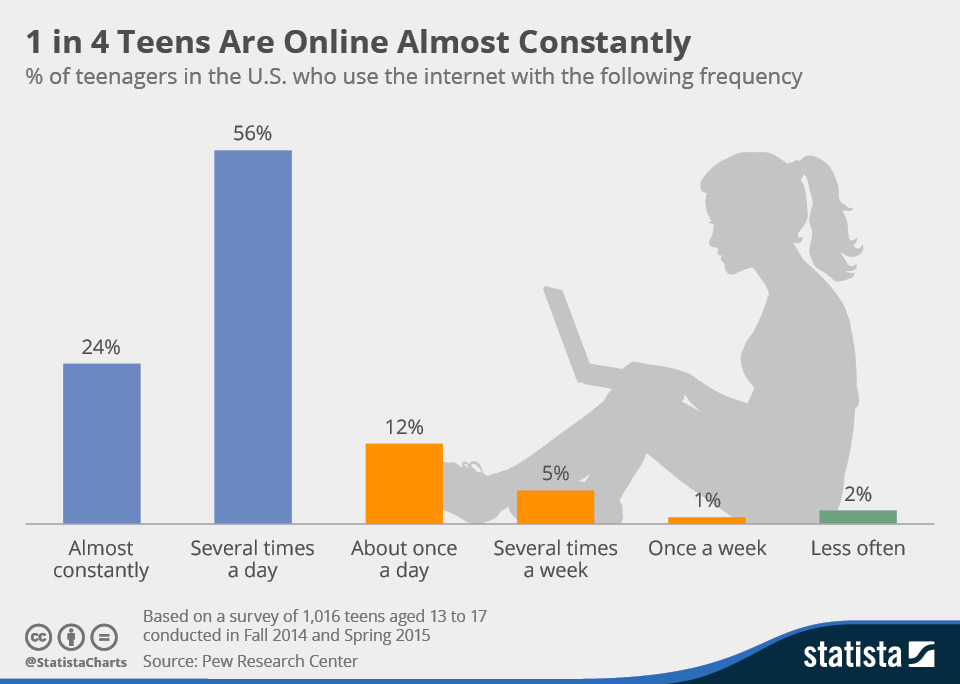Health Literacy Month – Are your teens “WebLitLegit?”

By Katie Shanklin, UNT Health Science Center
Would you trust Internet health information for your teen? A study in 2016, found that 70% of youths use the Internet as their first source of health information. This is problematic because during this phase, many teens have limited e-health literacy, lacking the knowledge and skills to distinguish reliable health information on the Internet. Locating health topics on the Internet is challenging because searches return large amounts of information, making it difficult to recognize whether the details are reputable.
In a 2018 study, youths reported “difficulty in determining the quality of information,” indicating they were unsure of “the truthfulness and correctness of the information.” Consequently, they may obtain poor quality misinformation about health for themselves, family members and friends.

To address these issues, a new study funded by the National Network of Libraries of Medicine (NNLM) called “WebLitLegit” aims to develop an interactive program to improve the health literacy of teens while empowering them to ascertain credible health information on the Internet.
Created with the assistance of teens, WebLitLegit can be delivered in multiple settings by a range of educators such as librarians, teachers, school nurses, museum staff and community volunteers. WebLitLegit’s goals align with the NNLM mission to improve the public’s access to health information and to make informed decisions about health.
There are several reliable online health information resources currently available for teens. WebLitLegit exposes teens to these sources while improving their health literacy. Credible online teen health information includes:
General teen health
• MedlinePlus
• WebMD Teen Health
Teen sexual health
• MedlinePlus Teen Sexual Health
• Teens Health
• Planned Parenthood
Healthy and unhealthy relationships
• Teens Health
• Planned Parenthood
Mental health
• Society for Adolescent Health and Medicine
• Reachout.com
• HHS.gov Adolescent Mental Health
• USDHHS Suicide Prevention Resource Center
• NIH Mental Health Resources
Violence
• Stopbullying.gov
• Teens Health
There are five quick steps to determine if a website is reliable. Clues include:
• Who created the site? Can you trust them?
• What is the site offering? Do claims seem too good to be true?
• Where does the information come from? Is it based on research?
• Why does the site exist? Is it selling something or a scam?
• When was the information written? Is it up-to-date?
Launched in October for Health Literacy Month, WebLitLegit can be implemented in venues where teens learn and socialize including libraries, museums and schools. In addition to being shown reliable online health resources, teens will have the opportunity to independently locate new websites.
Educators adopting the workshop will empower teens with e-health literacy to locate information, critically appraise the quality of the information and to make informed decisions about health.
For the full story, please click here.
For information, please contact Patti Taylor, the director of quality and patient safety at the DFW Hospital Council Foundation, at ptaylor@dfwhcfoundation.org.
